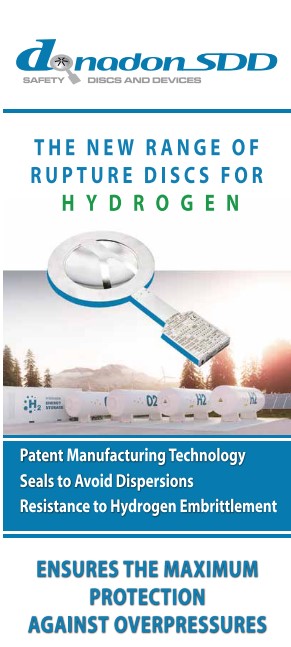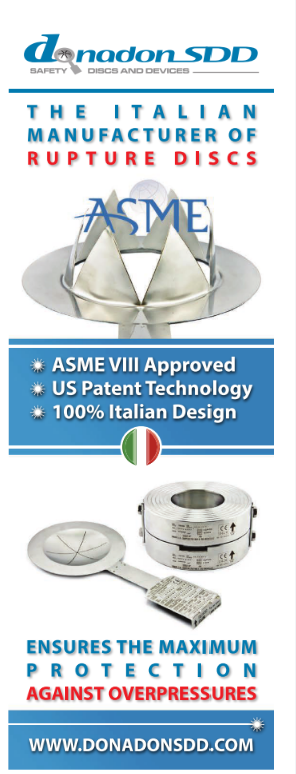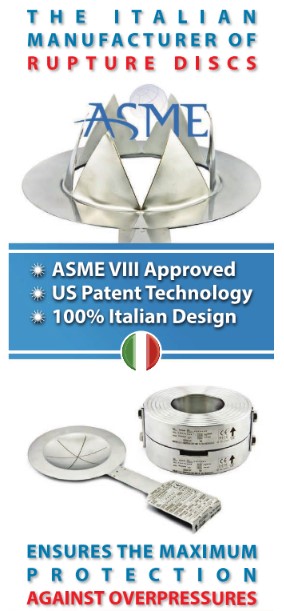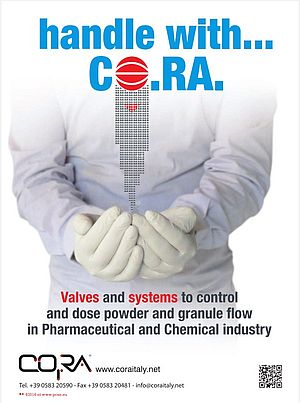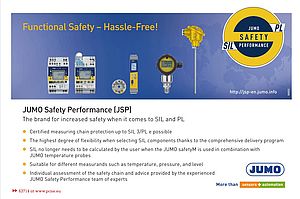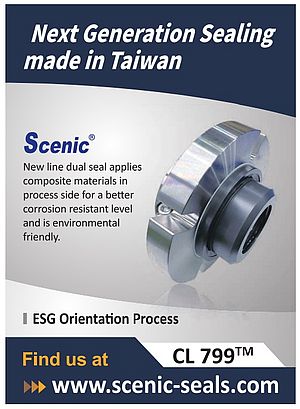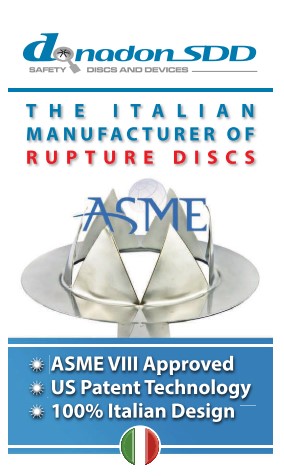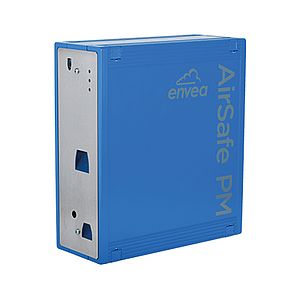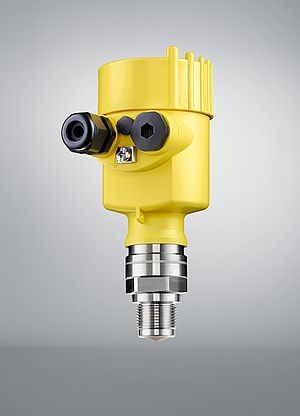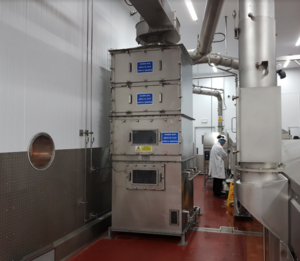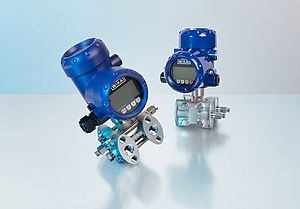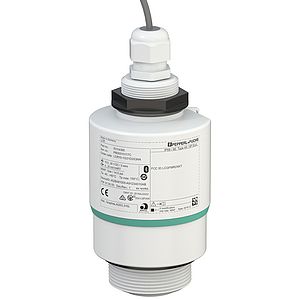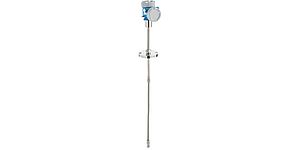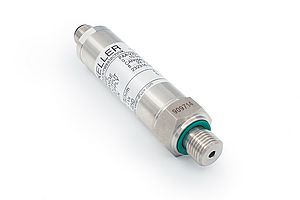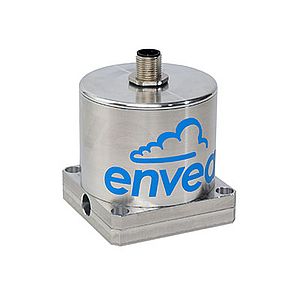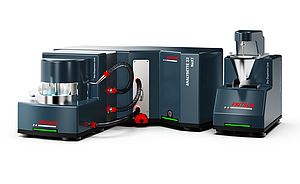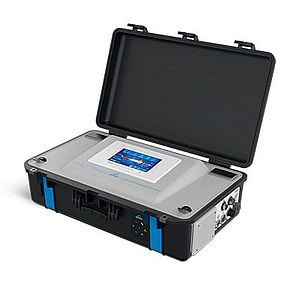BASF introduces a range of new catalysts which will be presented during the upcoming European Petrochemical Associations Conference (EPCA) in a series of webinars. The new offer includes catalysts to produce isopropyl alcohol (IPA) more efficiently, a crucial ingredient in hand sanitizers, a much-needed consumer product during the Covid-19 pandemic. BASF’s high performance oxo alcohol catalyst Ni 3354 E combines high activity with exceptionally high selectivity. The catalyst has been tested and qualified to produce IPA through hydrogenation of acetone. Ni 3354 E allows IPA producers to operate at high throughput rates and temperatures without a drop in selectivity thus increasing productivity.
BASF also qualified chromium-free copper extrudate catalysts as Cu 0560 E to further broaden its hydrogenation catalyst offering, enabling IPA producers to select the most suitable product solution for process requirements.
Increasing efficiency in biodegradable PBAT value chain
Additionally, BASF introduced O4-204, a new catalyst for n-butane based maleic anhydride production. Compared to previous product generations, O4-204 offers highest selectivity towards maleic anhydride while allowing a longer catalyst onstream time, which makes the process more cost-effective. The product benefits have already been demonstrated in commercial use. The market for maleic anhydride is strongly growing in China driven by an increasing demand for polybutylene adipate terephthalate (PBAT), which is used predominantly as biodegradable packaging material.
New production line for lightweight selective hydrogenation catalysts
BASF will launch the next generation of its selective hydrogenation catalysts by the end of 2021. Through an innovative lightweight alumina support, the amount of catalyst required for processing unsaturated C3-, C4- and PYGAS streams can be reduced by up to 40% giving steam crackers and refineries the chance to enhance their efficiency and counterbalance increasing palladium market prices during their next refill. As intensive pilot scale tests confirm, precious metal expenses can be improved by 25% in many hydrogenation units. These new E 15x light catalysts complete BASF’s selective hydrogenation portfolio with the well-established E 15x series and the recently launched sulfur resistant E 15x S, being installed in two world-scale units in the upcoming months.
“Our recent innovations support BASF’s strategy to help our customers to be more successful by emphasizing our commitment to provide sustainable and efficient solutions,” says Dr. Detlef Ruff, Senior Vice President, Process Catalysts, at BASF.














